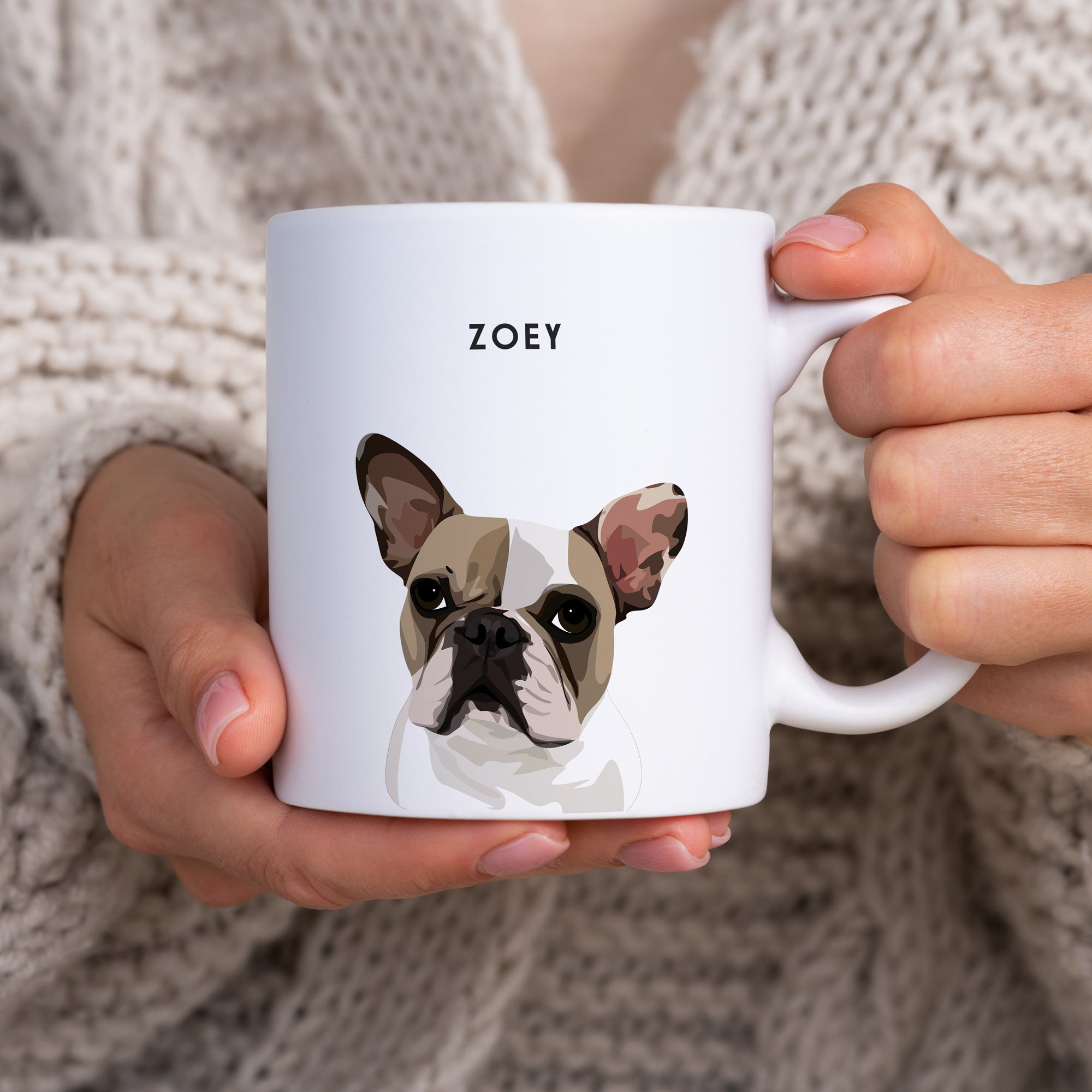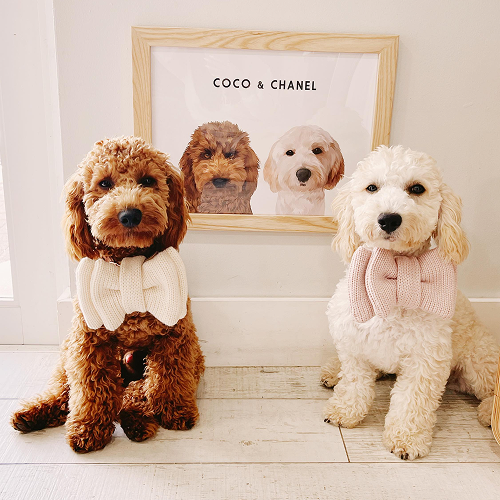Ever caught your furry best friend in the act of giving your kitchen floor a good old tongue-bath and thought, "What's up with that?" Just the other day, I found my pooch, Captain Woofers, on a licking spree that would make a lollipop jealous. It turns out, this floor-licking fiesta is quite the canine conundrum, shared by doggos far and wide. So, why do our four-legged pals fancy the floor-flavored buffet? Let's embark on a tail-wagging adventure to uncover the mysteries behind this quirky behavior, and don't worry, it's usually all bark and no bite!
The Canine Taste Test
Our canine companions are not just experts at fetching balls; they're also connoisseurs of taste and smell. With noses that could outsniff the best sommeliers, dogs like my Captain Woofers are always on the prowl for a delectable morsel, even if it's just a memory etched into the floorboards. That's right, a tiny droplet of last week's spaghetti sauce could turn your living room into an aromatic hotspot for your pup's investigative licks.
Think of your dog as Sherlock Bones, with the floor as his casebook. Every scent is a clue, every texture a plot twist. It's not just a floor; it's a canvas of flavors waiting to be explored by your dog's discerning palate. So, before you call in the hound unit, remember that your dog might just be conducting a routine taste patrol!
Health Check – Is It a Sign of Something More?
While we often get a giggle out of our dogs' floor-licking shenanigans, it's important to tune into our inner pet detective and consider the health implications. Sometimes, this behavior can be a Morse code for issues like nutritional deficiencies or tummy troubles. If your dog is more into the floor than their food, it could be a sign to check in with your vet.
Veterinary gurus suggest keeping a watchful eye on your dog's floor-licking escapades. If it's more than an occasional indulgence, it could be waving a red flag. Don't let worry dog you, though; just stay vigilant. If Fido's floor fascination is paired with other symptoms like a loss of appetite or upset stomach, it might be time to call in the pros for a health huddle.
Compulsive Licking – When Obsession Takes Over
Just like humans, dogs can develop compulsive habits, and excessive floor licking might be one of them. It's like they have a "lick-list" of their favorite floor tiles! But all jokes aside, if your dog is stuck in a lick-loop, it could be a sign of underlying stress or anxiety. Recognizing these patterns is key to keeping your pup's mind as healthy as their heart.
So, how do you tell if your dog's love for licking has turned into a compulsion? It's all about context and frequency. If your pooch is polishing the floor more than the cleaning crew, and no amount of distraction breaks their concentration, it might be time to consult with a behaviorist. They'll help you decode your dog's stress signals and lick the problem for good!
Let's face it, a bored dog is a floor-licking dog. When the thrill of the chase is replaced by the monotony of the everyday, your pup might turn to the ground beneath their paws for entertainment. To keep your dog's tongue off the tiles, try introducing some tail-wagging activities that'll have them too pooped to peruse the floor.
From puzzle toys that challenge their noggin to a game of hide-and-seek that gets their tail wagging, there are countless ways to keep your dog's mind and body engaged. And why not capture these joyous moments with a custom pet portrait from West & Willow? It's the paw-fect way to freeze-frame their funniest antics – floor-licking included!
The Power of Attention – Training and Bonding
Training your dog to steer clear of floor-licking can be a paw-sitive bonding experience. With a sprinkle of patience and a dash of positive reinforcement, you can teach your old (or young) dog a new trick or two. Every "no lick" can be rewarded with a treat, a pet, or even an enthusiastic "good dog!"
As you and your pup work through the no-lick lessons, imagine celebrating your success with a photoshoot from West & Willow. A custom portrait of your well-behaved buddy could be the ultimate reward for both of you, commemorating the journey from floor fanatic to portrait-ready perfection. Now, that's a fetching idea!
Conclusion
Whether your dog is a casual floor licker or a full-blown enthusiast, understanding the "why" behind their licks is key to keeping them happy and healthy. From Sherlock Bones investigations to health checks and boredom busters, we've covered a lot of ground. Remember, while most floor-licking is harmless, always keep a watchful eye for signs that it's time to consult your vet.
As we wrap up this doggy detective story, take a moment to appreciate all the quirky habits that make our pups the lovable goofballs we adore. And if you're ever in need of capturing your dog's personality – floor-licking quirks and all – a custom pet portrait from West & Willow could be just the treat. Here's to our furry friends and their endlessly amusing antics!
FAQs
Is it normal for my dog to lick the floor occasionally?
Yes, occasional floor licking is a normal canine behavior, often driven by their powerful sense of smell and taste.
What home remedies can I try if my dog is licking the floor due to a mild tummy upset?
A bland diet of boiled chicken and rice can help settle a dog's stomach. However, consult with your vet for the best course of action.
How can I tell if my dog's floor licking is due to boredom or anxiety?
If the licking occurs when your dog is left alone or doesn't have enough stimulation, it could be due to boredom or anxiety.
When should I be concerned about my dog's floor licking and seek veterinary advice?
Seek veterinary advice if the licking is excessive, persistent, or accompanied by other concerning symptoms.
Can a change in diet help if my dog is licking the floor because of a nutritional deficiency?
A balanced diet tailored to your dog's specific needs can help address nutritional deficiencies. Consult your vet for dietary advice.



